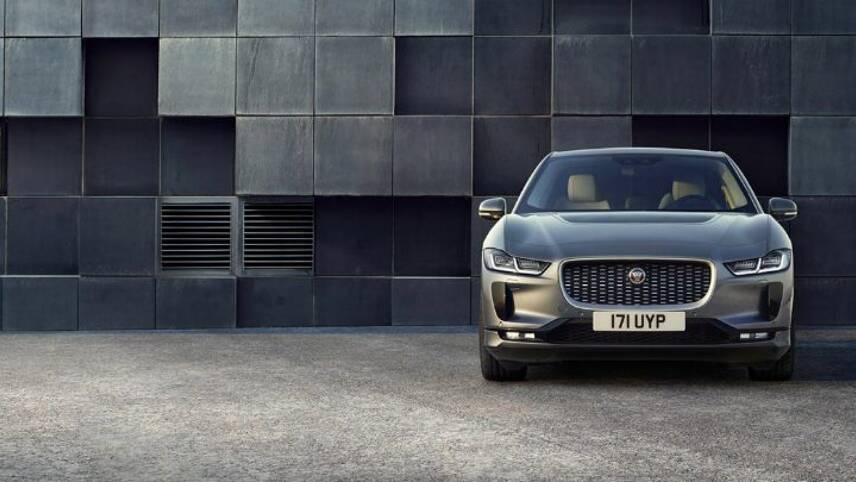Register for free and continue reading
Join our growing army of changemakers and get unlimited access to our premium content

Pictured: The Jaguar I-Pace. Image: JLR
The new targets have been approved by the Science Based Targets initiative (SBTi) and will see JRL strive to reduce operational greenhouse gas emissions by 46%, value chain emissions by 54% and vehicle use emissions by 60% by 2030.
JLR claims that these approved targets demonstrate the company’s commitment to assisting the delivery of the Paris Agreement.
JLR had also introduced a new sustainability director role to help deliver these targets. The role will be taken up by a new appointment, Rossella Cardone who will support François Dossa, executive director of strategy and sustainability.
“Sustainability sits at the core of our Reimagine strategy, with the aim to achieve net carbon zero by 2039, as the creator of the world’s most desirable modern luxury vehicles,” Cardone said.
“As we move from climate ambition into action, we are now embedding sustainability into the Jaguar Land Rover DNA to minimise our carbon footprint across our value chain. Science-based targets tell us how much and how quickly we need to reduce our greenhouse gas emissions emissions, as well as keeping stakeholders informed about our progress.”
At the start of the year, JLR signed for a £625m, five-year loan to support its scaling up of electric car manufacturing and battery production. £500m of the loan is backed by an Export Development Guarantee from the UK Government.
Finance from the loan will enable JLR to make good on its pledge to stop producing petrol and diesel vehicles under the Jaguar brand by 2025. For the Land Rover brand, there is a commitment to end the production of ICE vehicles for sale in the UK by 2030, and to end the production of ICE vehicles for sale in other markets by 2036. These commitments were made last February as part of a new business strategy introduced by chief executive Thierry Bollore.
There were also commitments to zero tailpipe emissions from new vehicles by 2036 and net-zero across the JLR value chain by 2039.
To help support the delivery of this business strategy, JLR has pledged to invest £2.5bn annually in R&D relating to electric and low-emission vehicles through to 2026, rising to £3bn annually between 2027 and 2030. While electric vehicles (EVs) with improved battery technology and lighter components will be the main focus, the firm is also exploring hydrogen fuel cell electric vehicles (FCEVs).

